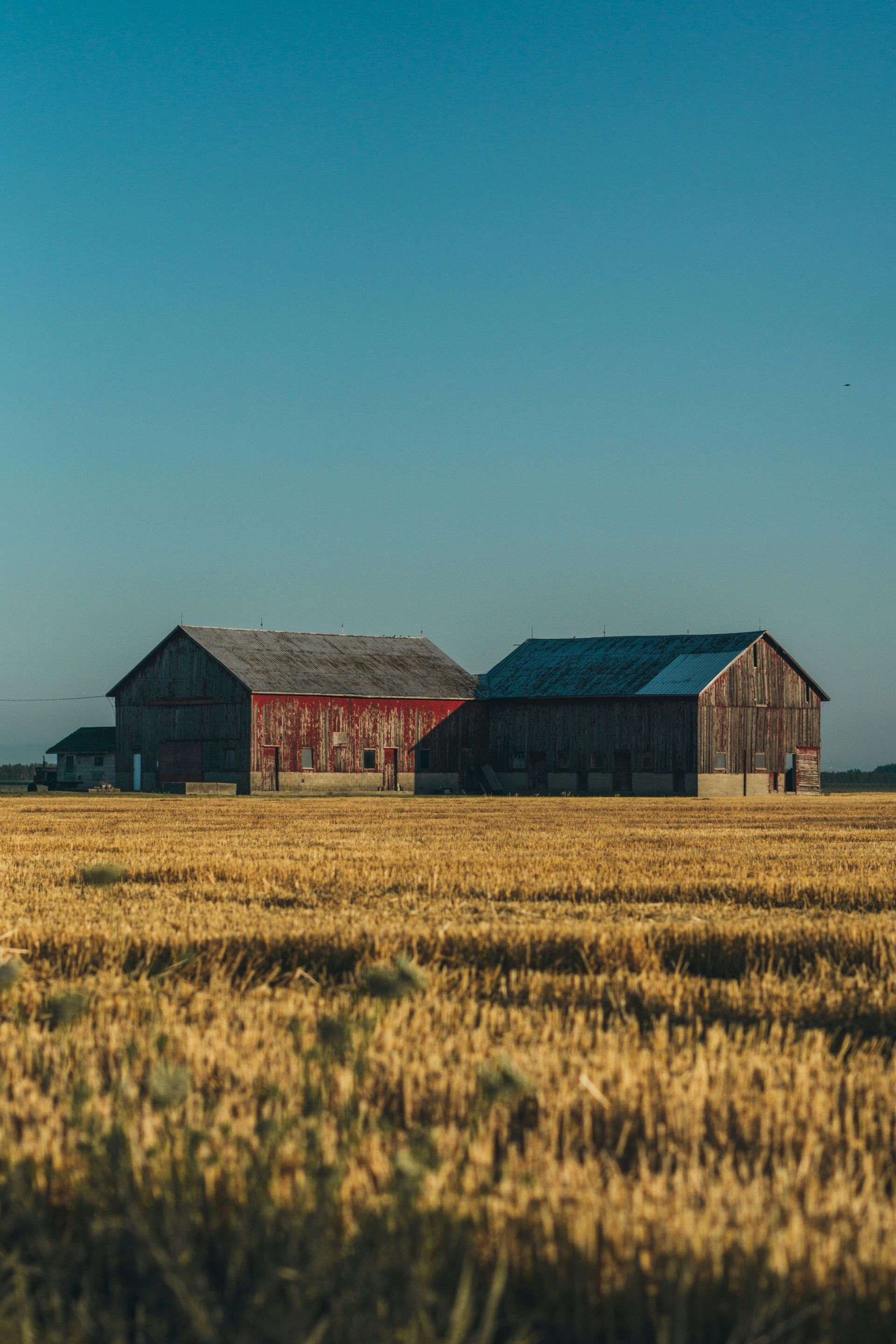Wilson County Crop Insurance
Wilson County’s agriculture is both historic and evolving — from long-standing tobacco fields to expanding soybean, cotton, and peanut operations. Farmers here face challenges that change with the seasons: hurricanes in late summer, long dry stretches in early fall, and shifting markets year-round. Whether you’re farming near Black Creek, Sims, or Saratoga, we’ll help you sort through crop insurance options that match your operation. We don’t believe in a hard sell — just clear answers, hands-on support, and timely service.
Coverage for Wilson County Farmers
Helping local farms stay protected through all seasons


Insurance Options for Wilson County
Plans tailored to your fields & your risk
We work with USDA-backed policies that support row crops, pastureland, livestock operations, and specialty growers across the county.
Multi-Peril Crop Insurance (MPCI)
Broad weather-based coverage for tobacco, soybeans, peanuts, cotton, and corn.
Revenue Protection
Adds coverage in case crop prices fall after planting.
Whole-Farm Revenue Protection (WFRP)
Covers the full operation — great for growers with multiple crops or market outlets.
Actual Production History (APH) Policies
Personalized policies based on your farm’s historical yields.
Livestock Risk Protection (LRP)
Helps cattle farmers in Wilson County protect sale prices.
Pasture, Rangeland & Forage (PRF)
Rainfall-based coverage for hay and grazing land.
Nursery & Specialty Crop Policies
Useful for growers with local produce, greenhouse operations, or small fruit.
Map Books & Planning Tools
Field-specific maps and tools to help you report acreage and plan with confidence.
What kinds of farms do you work with in Wilson County?
We work with farms of all sizes — from large-scale row crop operations to small family-run farms. Most of the farmers we help grow a mix of soybeans, cotton, corn, peanuts, and tobacco. If your farm includes hay fields, pasture, or direct-to-market produce, we can also help you explore PRF and WFRP. Our job is to help you find the right policy, no matter your acreage or setup.
Is crop insurance really worth it for small farms?
It can be — especially if a bad season would seriously impact your income. Many smaller farms benefit from Whole-Farm Revenue Protection or basic MPCI coverage. These policies offer a safety net without requiring you to commit to more than you need. We’ll explain the options and help you weigh the cost versus the risk for your specific operation.
How does acreage reporting work for fields across the county?
We use USDA maps and FSA records to match your tracts with accurate acreage figures. You’ll get a free map book that lays everything out clearly, so there’s no confusion when it’s time to report. Whether your fields are around Lucama, Rock Ridge, or Elm City, we’ll make sure they’re tracked and organized properly.
What’s the difference between APH and Revenue Protection?
APH policies are based purely on your past yields — they guarantee a certain number of bushels per acre, depending on your historical performance. Revenue Protection includes yield but also covers price drops, which can make a big difference if the market shifts after planting. We’ll help compare both using your own numbers.
Do you offer in-person support in Wilson County?
Yes — we believe in walking fields and sitting down face-to-face when needed. If you’d like us to meet at your farm or bring your maps to town, just give us a call. We’ve worked with farms all across Wilson County and believe in showing up, not just mailing forms.
